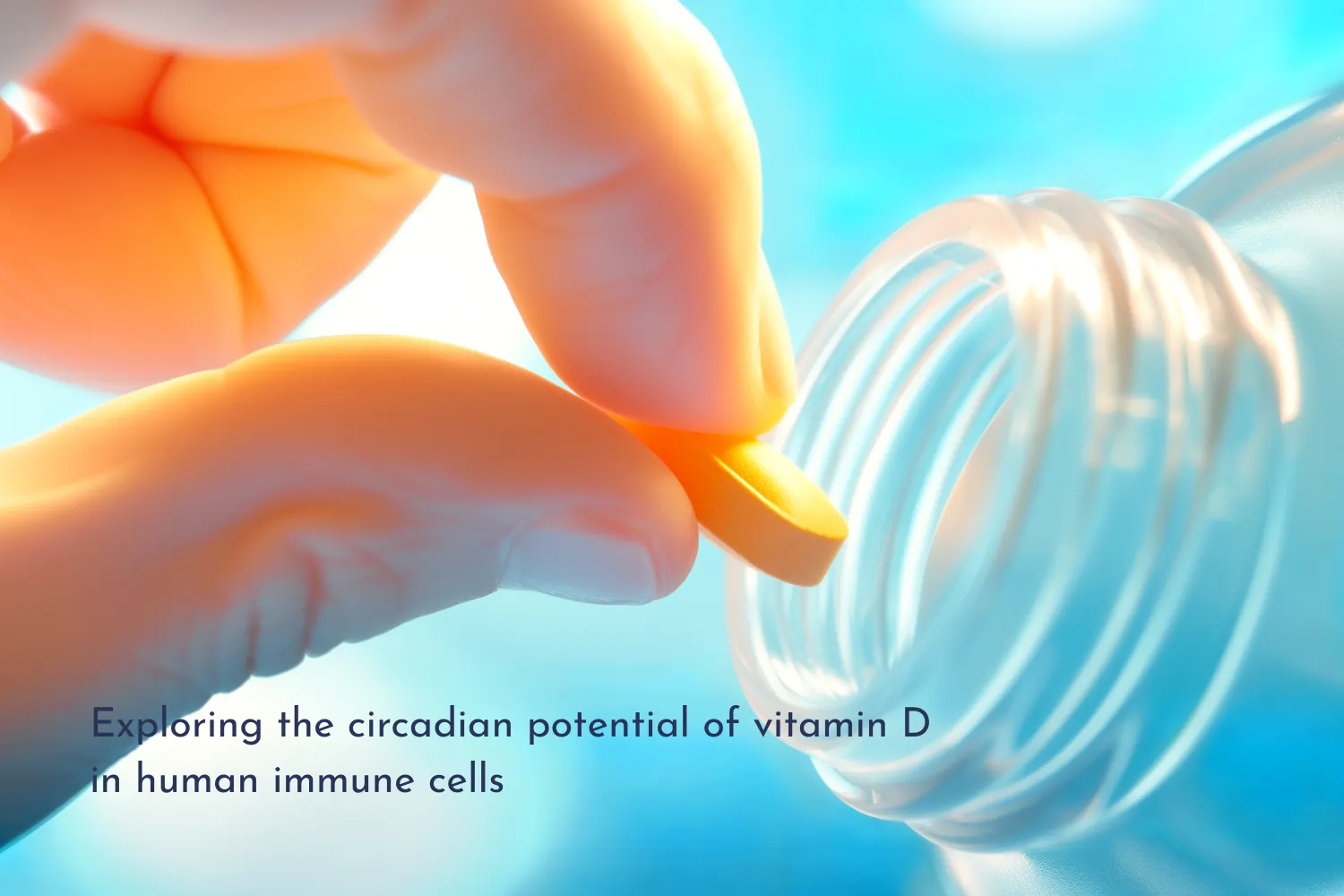The functioning of our body is the result of the evolution of Homo sapiens. Normally, the human genome adapts to changes in the environment many generations, or hundreds to thousands of years. However, it is only during the last 50 years that human life, including diet, has changed so radically that the general population has not yet had time to adapt and cope with lifestyle-related disease problems, such as overweight and obesity, diabetes and high blood pressure.
– However, our future is in our hands – epigenetics mostly depends on what good (or bad) things we do for our organism. The occurrence of these diseases is influenced by many environmental factors, including our diet, so as long as we take care of our health, we can minimize the risk,” highlights Prof. Carsten Carlberg, leader of the nutrigenomics research group at the Institute of Animal Reproduction and Food Research of the Polish Academy of Sciences in Olsztyn.
An article on nutrigenomics in the context of evolution has just been published in the journal ‘Redox Biology’.
DIET AFFECTS THE HUMAN BODY MORE THAN YOU THINK
Nutrition is an essential part of life, as it consists of molecules that satisfy our body’s need for macro- and micronutrients. Moreover, some of these molecules directly communicate with the human genome (genetic material) and epigenome (a set of chemical modifications to DNA that regulate genome functions). This complex relationship is the essence of nutrigenomics.
Daily communication between diet and the (epi)genome modulates gene expression in metabolic organs such as fat tissue, skeletal muscle, liver and pancreas, as well as in the brain and immune system. The cellular and molecular biology behind these gene regulatory processes maintains the homeostasis of the human body, which prevents the development of non-communicable diseases such as obesity, diabetes, cardiovascular disease and cancer.
– Since the origin of Homo sapiens, most of these pathways of communication: nutrients-genes have not changed. However, our genome has experienced a series of evolutionary pressures caused by environmental changes including the transition from a hunter-gatherer lifestyle to an agricultural one. Human populations have responded to these challenges not only through specific anthropometric adaptations such as skin colour and body height, but also through variation in dietary intake and differential resistance to complex diseases such as cancer and immune disorders. Therefore, insights into the variability of our (epi)genome in the context of individual risk of developing complex diseases help us understand the evolutionary basis of how and why we get sick – says Prof. Carsten Carlberg.
HUMAN LIFESTYLES ARE CHANGING TOO FAST
The adaptation rate of the human genome to environmental changes usually takes many generations, or hundreds to thousands of years. – However, only during the last two generations, or even about 50 years, human lifestyles including eating habits have changed so rapidly and radically that most of us are not (epi)genetically prepared for the challenges of a “Western” diet combined with a sedentary lifestyle. Indeed, the current facts are that up to 90% of us will end up living with lifestyle-related diseases, such as metabolic syndrome (e.g. overweight and obesity, diabetes, high blood pressure) – points out Prof. Carsten Carlberg.
The (epi)genome has not kept up with adaptation to the modern diet. For example, humans have been eating low-salt products for most of time. – As a result, our body has developed an efficient system for absorbing this salt from our diet, which was essential in ancient times, but creates many problems today. Today’s diet contains a lot of salt – excess salt causes high blood pressure, which kills 10 million people worldwide each year. However, Prof. Carlberg encourages us not to remain passive in the face of these challenges. – We should not accept this as our fate that cannot be reversed, but rather work to ensure that we do not contract these preventable diseases.






